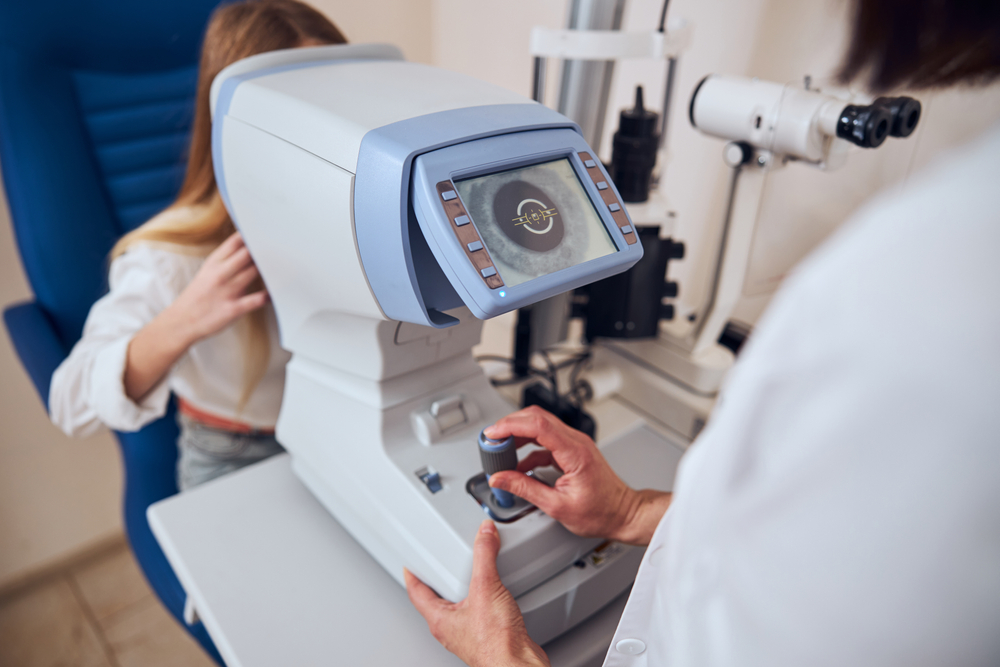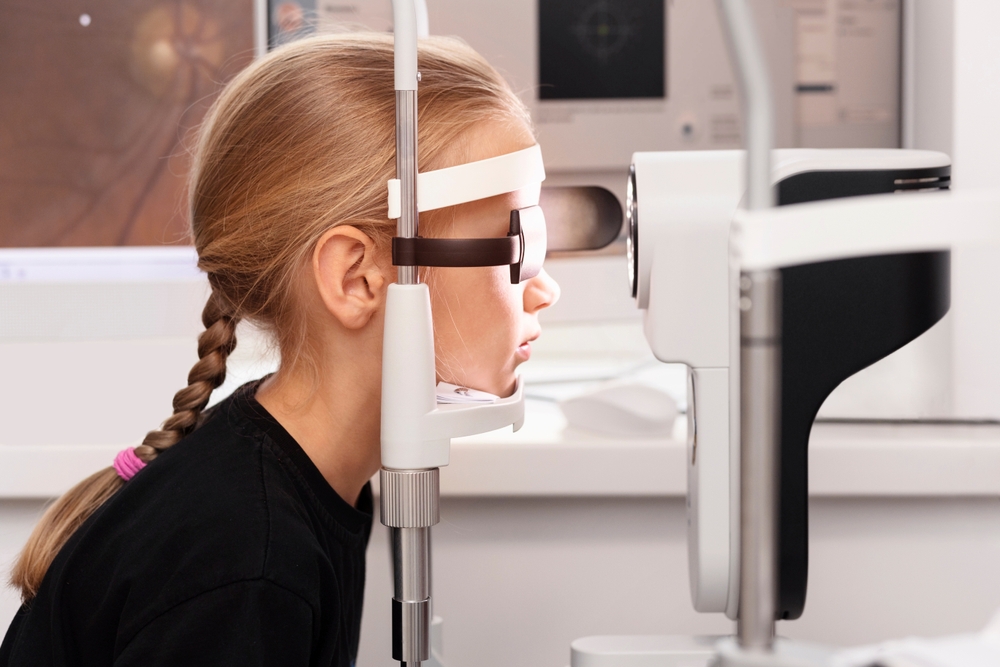Optic Gallery Blog
Learn more about optometrist care in our blog!

Your eyes are one of the most important parts of your health, yet they’re often overlooked until a problem arises. Regular eye exams play a critical role in maintaining your well-being.

Eye exams are a crucial part of your family’s overall health and wellness. They help detect vision issues, monitor eye development in children, and can even catch early signs of health conditions.

As children grow, their vision plays a critical role in how they explore the world, learn in school, and interact with others. Yet many parents are unsure about when to start eye exams or how often they should occur.

As we age, it’s common to experience difficulty seeing both up close and at a distance; a condition known as presbyopia. For those who want freedom from traditional bifocal glasses or readers, multifocal contact lenses offer a convenient and effective alternative.

As temperatures rise and the days grow longer, many of us are eager to spend more time outdoors. While soaking up the sun has its benefits, it's important not to overlook how harmful ultraviolet rays can be for your eyes. Just like your skin, your eyes need protection from UV exposure to prevent long-term damage and maintain healthy vision.

Living with diabetes means more than just managing blood sugar levels. It also involves paying close attention to your eye health. Diabetes can lead to a number of vision-threatening conditions, many of which show little to no symptoms until permanent damage has occurred. At Optic Gallery, we believe early detection is the key to preventing complications and preserving vision for our patients with diabetes.

We all know that getting a good night’s sleep is important for overall health, but have you ever considered how it affects your eyes? If you’re burning the midnight oil too often, your vision and eye health could be paying the price. Poor sleep isn’t just about feeling groggy the next day—it can lead to a range of eye-related issues that impact how you see and feel daily.

If you’ve ever felt a stinging or gritty sensation in your eyes, you might be experiencing dry eye syndrome. Though often overlooked, dry eye is a common condition that can significantly impact your comfort and quality of life. At Optic Gallery, we believe in helping patients understand their eye health and recognize the signs of potential concerns early.

When it comes to your health, prevention is always better than the need for a cure, and your eyes are no exception. Routine eye exams are more than a check-up, they are a proactive step toward maintaining your overall well-being. At Optic Gallery, we believe that early detection through regular eye exams is the key to managing eye health and preventing potential issues before they become serious.

Macular degeneration is a leading cause of vision loss in adults over 50, affecting the macula, the central part of the retina responsible for sharp, detailed vision. This condition can severely impact daily tasks like reading, driving, and recognizing faces. There are two primary types of macular degeneration: dry and wet. Understanding the differences between them and the importance of early detection through annual eye exams is crucial for maintaining optimal eye health.







